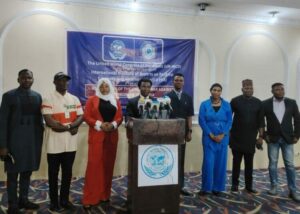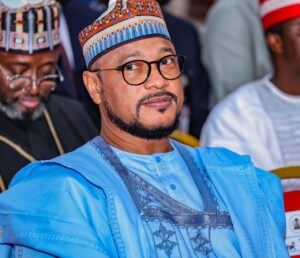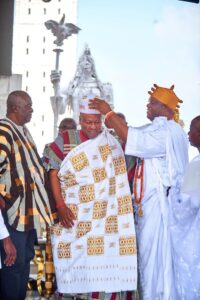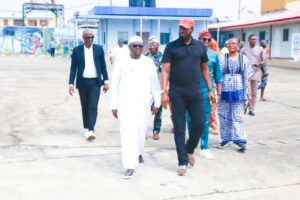World Bank Urges Nigeria to Invest $15m Annually in Statistics Upgrade
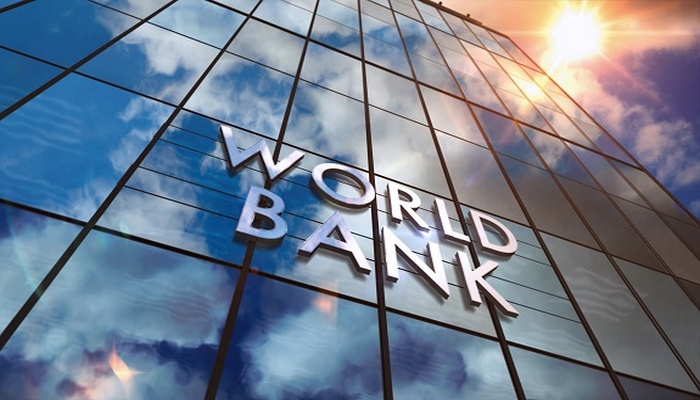
World Bank on glass building. Mirrored sky and city modern facade. Global capital, business, finance, economy, banking and money concept 3D rendering illustration.
Samuel Mobolaji
The World Bank has advised Nigeria to invest between $10 million and $15 million annually to enhance its national statistical system and align it with countries like Brazil, South Africa, Mexico, and Colombia.
According to a statement by Mrs. J. I. Osagie Jacobs, Director of Information and Public Relations at the Ministry of Budget and Economic Planning, this recommendation was made by Mr. Johan Mistiaen, the World Bank Practice Manager for West and Central Africa, during a visit to the Minister of Budget and Economic Planning, Senator Abubakar Atiku Bagudu.
Mistiaen, who was accompanied by World Bank Country Director Ndiame Diop, presented a report titled “Next-Level Statistics to Support Nigeria’s Reform and Growth Agenda,” highlighting that Nigeria’s statistical performance lags behind its aspirational peers. He noted that consistent annual funding would strengthen the country’s ability to generate timely, high-quality data for economic planning and policy reforms.
Senator Bagudu assured that the Federal Government remains committed to the independence of the National Bureau of Statistics (NBS) and will continue to support its mandate of producing socio-economic data. He praised the NBS for its strong reputation in data collection and analysis, which has been instrumental in economic assessments by international organisations.
Statistician-General of the Federation and CEO of NBS, Prince Adeyemi Adeniran, stated that the Bureau had received its highest funding in a decade under the current administration. He emphasised that increased investment and collaboration with development partners would enable the agency to meet growing data demands effectively.
The NBS serves as Nigeria’s primary statistical agency, responsible for collecting, compiling, analysing, and disseminating official data on economic, social, demographic, and environmental issues.
Nigeria’s headline inflation rate declined from 24.48 per cent in January to 23.18 per cent in February, while core inflation, which excludes food and energy, slightly decreased from 22.59 per cent to 23.01 per cent.
The slowdown follows Nigeria’s recent rebasing of its Consumer Price Index (CPI), adjusting the reference base year from 2009 to 2024 to better reflect current consumer spending patterns and economic realities. The rebasing aims to improve inflation measurement by incorporating newer goods and services, though concerns about data accuracy remain


